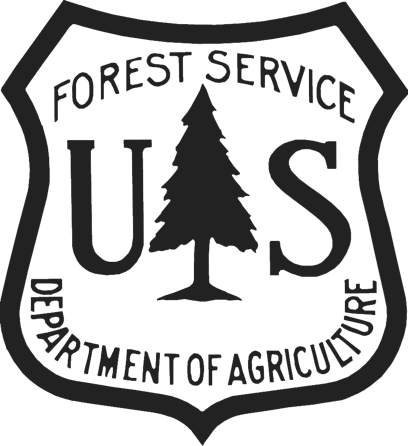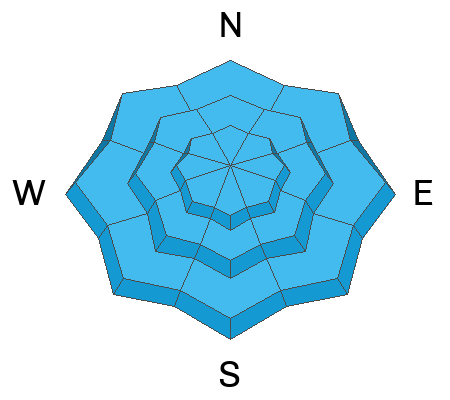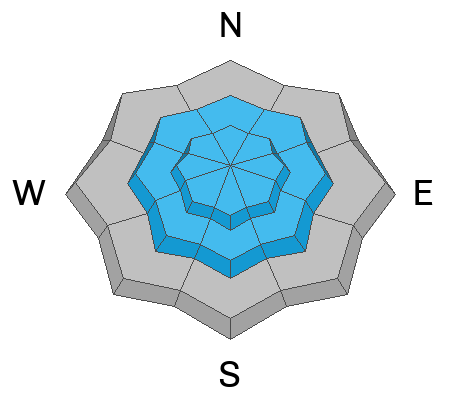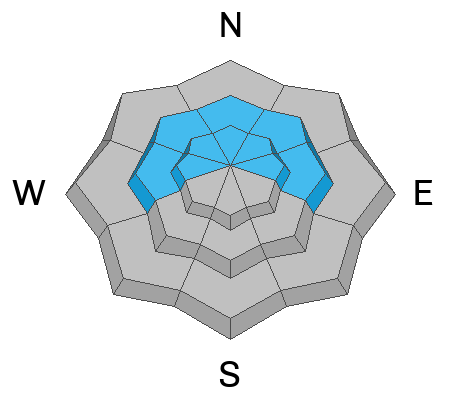Forecast for the Provo Area Mountains

Issued by Dave Kelly on
Saturday morning, February 1, 2025
Saturday morning, February 1, 2025
Today, the avalanche danger is CONSIDERABLE at all aspects and elevations for the Provo Area Mountains. It will be possible for humans to trigger an avalanche 1'-3' deep, failing on buried facets near the ground. This is more likely in shallow thin rocky zones or in repeater avalanche paths.
Expect to see, and look to avoid loose new snow, soft slab and wind-drifted snow avalanches.
Any rain on snow is suspect particularly when facets are involved. Pay particular attention if you're ice climbing as avalanches that start as dry snow could turn into wet slides very quickly when confined to steep gully features.
Any rain on snow is suspect particularly when facets are involved. Pay particular attention if you're ice climbing as avalanches that start as dry snow could turn into wet slides very quickly when confined to steep gully features.
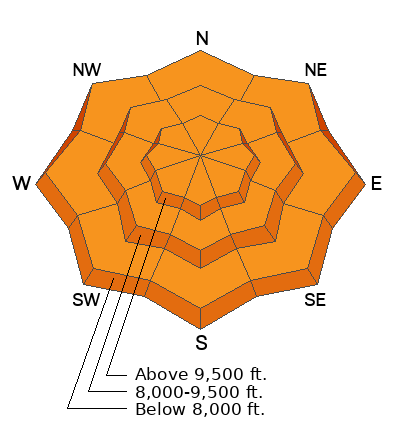
Low
Moderate
Considerable
High
Extreme
Learn how to read the forecast here


